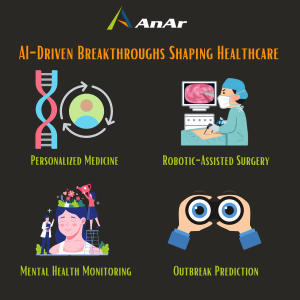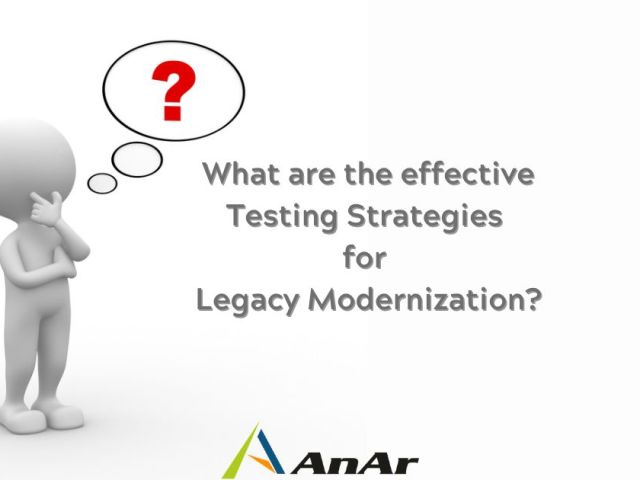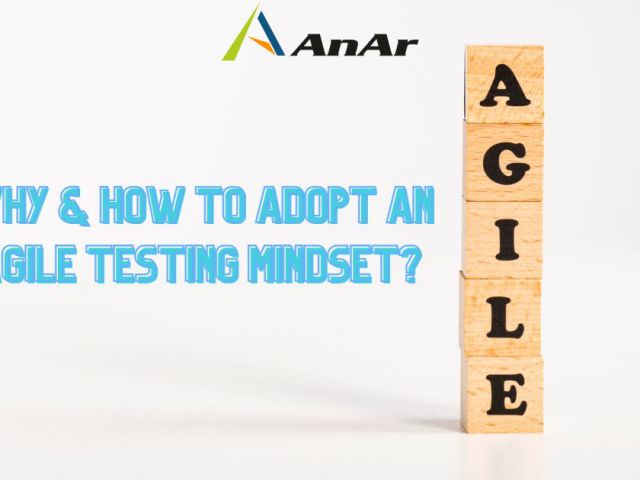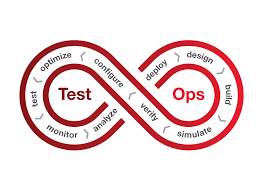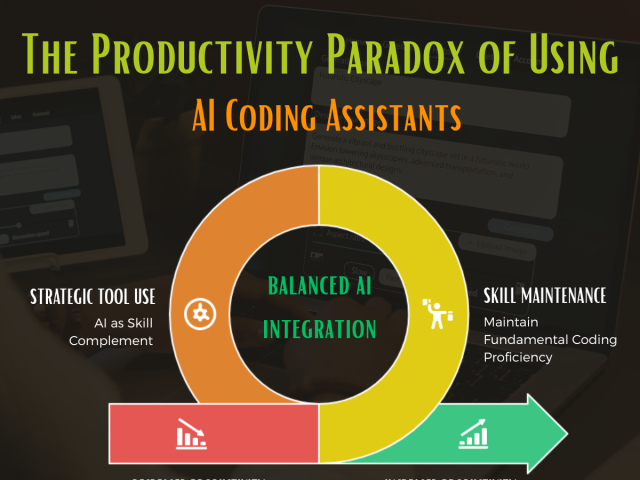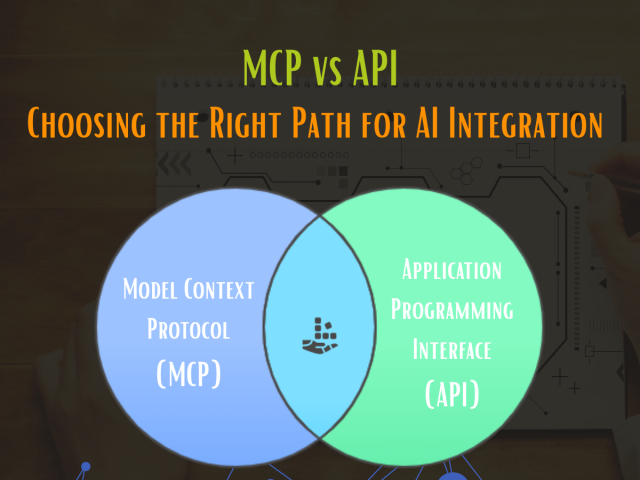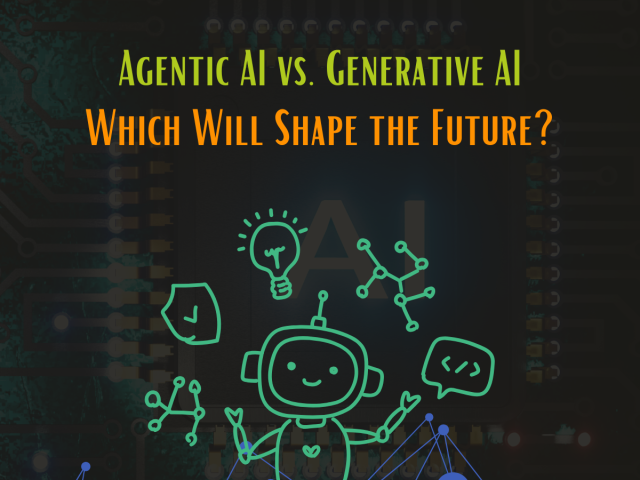The healthcare sector is experiencing a profound shift as artificial intelligence (AI) matures and shows its potential for significantly reshaping how we prevent, diagnose, treat, and manage health conditions. With increasing demands on healthcare professionals—from handling patients’ records to juggling complex administrative tasks—the pressure to provide timely care and achieve optimal clinical outcomes continues to grow. AI-driven technologies present pathways to streamline systems in healthcare, reduce burnout, and enhance operational efficiencies.
Yet, many healthcare organizations ask themselves: “How do we effectively integrate AI into existing care pathways and medical practice without disrupting workflows or undermining patient trust?” In the sections below, we explore eight key areas of AI innovation in healthcare. We will also discuss the importance of data readiness and risk mitigation, and show how Healthtech companies—especially those looking to deepen their AI capabilities—can harness this opportunity for meaningful change.
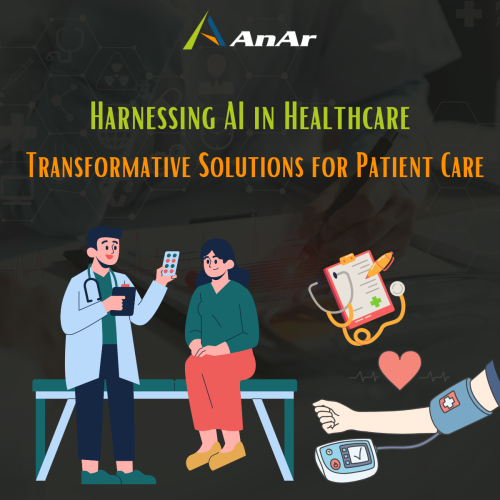
1. AI-Powered Diagnostics
Transforming the Diagnostic Landscape
One of the most promising areas of AI lies in its ability to analyze medical images, laboratory results, and patients’ records swiftly. In radiology and pathology, algorithms trained on vast databases of scans or slides excel at detecting nuances human eyes might miss. By uncovering early indicators of conditions like cancer, heart disease, and degenerative disorders, AI improves accuracy and speeds up the diagnostic process.
Reducing Administrative Tasks and Errors
Many administrative tasks—such as labeling images, sorting results, and creating standardized medical reports—can be largely automated with AI. This shift frees healthcare professionals to concentrate on more specialized tasks, like interpreting complex cases or consulting directly with patients. With reduced workloads and fewer transcription errors, the diagnostic timeline shortens, resulting in more timely care and better patient satisfaction.
Impact on Clinical Outcomes
When AI supports diagnostic accuracy, healthcare organizations often see fewer misdiagnoses and missed findings. Patients benefit from targeted treatments, improved monitoring, and earlier interventions. In a world where data grows exponentially, AI’s capacity to manage and analyze large-scale information allows systems in healthcare to deliver better-informed decisions and highly personalized services.
2. Personalized Medicine
Individualized Care Pathways
Traditional healthcare typically applies broad treatment protocols intended for the “average” patient. In contrast, personalized medicine uses advanced algorithms to integrate genetic, environmental, and clinical data for each individual. This enables the tailoring of treatments to unique patient profiles, particularly important in fields like oncology.
Enhancing Clinical Outcomes Through Precision
Personalized approaches can significantly boost clinical outcomes, especially for complex conditions such as cancer or autoimmune diseases. By matching therapies to a patient’s genetic markers, AI-based solutions improve effectiveness and reduce side effects. This precision fosters trust between patients and providers, as people feel their care is customized to their specific medical needs.
Ethical Considerations and Data Privacy
Building AI-driven personalized treatment solutions requires access to large amounts of sensitive data, including genomic sequences. Ethical considerations—data security, informed consent, and algorithmic bias—must be addressed head-on. Without strong data governance and transparent communication, patients may hesitate to share personal data, potentially hindering the overall adoption of these life-changing tools.
3. AI-Driven Predictive Analytics
Forecasting Risks and Outcomes
In a context where timely care can be crucial for patient survival, predictive analytics offers a dynamic solution. AI algorithms analyze past patient data—like patients’ records, labs, and social determinants of health—to identify individuals at higher risk for readmissions, complications, or disease progression.
Reducing Hospital Readmissions
Early alerts from predictive models allow healthcare professionals to intervene before adverse outcomes escalate. If an algorithm flags a congestive heart failure risk in a patient, clinicians can schedule additional visits, recommend lifestyle changes, or adjust medication. These proactive strategies not only decrease admissions and emergency room visits but also contribute to better operational efficiencies and use of resources.
Empowering Healthcare Professionals
By providing real-time data modeling, predictive analytics empowers clinicians, nurse practitioners, and care coordinators to refine treatment strategies and address patient needs more rapidly. This approach moves the healthcare system from a reactive to a proactive model, where emphasis is placed on prevention, early detection, and improved clinical outcomes.
4. Robotic-Assisted Surgery
Improving Surgical Precision
Robotic platforms that incorporate artificial intelligence and sophisticated imaging systems extend a surgeon’s capabilities. Instruments guided by AI offer detailed visualizations of the operative field, allowing for precision in tissue handling. Surgeons can make near-instantaneous adjustments based on algorithms that parse real-time data from cameras and sensors.
Operational Efficiencies and Reduced Burnout
Besides refining the surgical experience itself, robotic-assisted systems can handle several administrative tasks, such as maintaining an instrument inventory or capturing operative notes automatically. By relieving surgical teams of secondary responsibilities, the risk of human error decreases, morale improves, and focus can remain on patient well-being. This streamlined workflow contributes to enhanced operational efficiencies across the operating room.
Shorter Recovery and Better Clinical Outcomes
Minimally invasive procedures enabled by AI-powered robotics typically result in fewer complications, less pain, and shorter hospital stays. Patients recover faster, and overall clinical outcomes improve due to lower infection rates and reduced physical trauma. This model benefits both patients and healthcare organizations, which can allocate resources more effectively.
5. Electronic Health Records (EHR) Optimization
Streamlined Systems in Healthcare
EHRs have become indispensable for modern healthcare, yet many organizations find them unwieldy. AI solutions can optimize EHR performance by automating form-filling, error-checking, and data standardization—thus reducing time spent on manual administrative tasks.
Reduced Administrative Burdens
Doctors, nurses, and support staff often shoulder a significant administrative load, entering and re-entering patient information. When AI handles basic data management, these professionals can dedicate more time to patient-facing duties. This improvement significantly boosts job satisfaction for healthcare professionals, enhances clinical decision-making, and expedites timely care.
Driving Better Care Pathways
An AI-enhanced EHR system can prompt clinicians with best-practice suggestions, highlight potential drug interactions, and keep track of upcoming preventive screenings. Such integrated features pave the way for better care pathways that are both evidence-based and patient-focused, amplifying clinical outcomes across different departments.
6. Mental Health Monitoring
Addressing a Growing Crisis
Conditions like depression, anxiety, and bipolar disorder impact millions of people worldwide, yet they are frequently overlooked until they become severe. AI tools can play a pivotal role in healthcare organizations’ mental health strategies by analyzing real-time data, such as patient responses on questionnaires, social media content (where permissible), and even voice patterns.
NLP and Social Media Analysis
Natural Language Processing (NLP) is particularly beneficial for detecting subtle linguistic cues linked to mental health challenges. Whether scanning online posts or spoken words during telehealth appointments, AI tools can flag potential signs of distress. Of course, ethical considerations around patient privacy and consent require healthcare providers to manage and deploy these tools responsibly.
Integration with Existing Systems
When mental health platforms sync with EHRs, care coordinators can quickly see changes in a patient’s behavioral data and schedule immediate follow-ups. Such real-time insight reduces the risk of critical incidents and lowers hospital readmissions related to mental health crises. This integrated approach also helps minimize stigma by embedding mental health services within everyday medical practice.
7. Outbreak Prediction
Learning from Recent Pandemics
Events like the COVID-19 pandemic demonstrated how fast infectious diseases can strain healthcare resources. AI-based predictive models, which analyze global travel patterns, climate data, and community behavior, are now central to preparation against future outbreaks.
Timely Interventions and Planning
Accurate forecasts allow healthcare professionals and governments to mobilize staff, medication, and equipment precisely where and when they are most needed. This data-driven intelligence helps contain disease spread and reduces the impact on vulnerable populations. It also supports healthcare organizations in managing staffing levels and bed capacities for high-demand scenarios.
Strengthening Public Trust
Openly sharing how these outbreak prediction models work can bolster public confidence. By clarifying data sources and privacy protections, officials and healthcare leaders address ethical considerations around the use of sensitive information. Trust builds cooperation, which is critical during emergencies that demand coordinated community action.
8. Chronic Disease Management
A Growing Need
Chronic illnesses—such as diabetes, cardiovascular disease, and chronic obstructive pulmonary disease (COPD)—account for a major share of healthcare spending. Effective long-term management is crucial to improve quality of life and reduce costs for both patients and healthcare organizations.
Real-Time Monitoring and Adjustments
Wearables or smartphone apps that track blood glucose, blood pressure, and physical activity can feed data into AI systems to detect patterns. When a reading signals a potential crisis, alerts can be sent directly to both the patient and the provider, facilitating early intervention. This approach not only lowers complications but also refines care pathways by focusing resources where they have the highest benefit.
Encouraging Patient Engagement
Patients who receive personalized feedback and see tangible health improvements are more likely to stick to treatment regimens. Many AI-enabled systems also integrate coaching features or gamification elements, reinforcing positive habits. This ongoing engagement is key to boosting clinical outcomes and minimizing costly hospital visits.
Impact on Healthcare Delivery and Patient Outcomes
Collectively, these eight areas—AI-powered diagnostics, personalized medicine, AI-driven predictive analytics, robotic-assisted surgery, EHR optimization, mental health monitoring, outbreak prediction, and chronic disease management—show how AI can significantly reshape clinical decision-making and streamline care. The aggregated benefits include:
- Stronger Operational Efficiencies
By automating administrative tasks, organizations see cost savings, less burnout among healthcare professionals, and improved patient flow. - Improved Clinical Outcomes
Targeted therapies, enhanced diagnostic accuracy, and proactive risk assessments reduce complications and death rates while elevating patient satisfaction. - Refined Care Pathways
AI helps align care protocols with real-time insights, ensuring each patient receives the right level of attention and treatment at the most appropriate juncture. - Proactive Healthcare
Shifting from reactionary care to prediction-based strategies allows clinicians to preempt health crises, delivering more timely care and controlling rising medical expenses. - Ethically Sound Data Management
While there are significant ethical considerations concerning privacy and consent, transparent governance fosters trust, permitting broader, responsible use of AI for community benefit.
From hospital floors to telehealth platforms, AI promises to reshape how we manage, treat, and support patient health across the entire healthcare sector. Those who invest in the right AI frameworks can see tangible returns—in both patient well-being and organizational success.
Accelerating AI Adoption to Enhance Consumer Experience
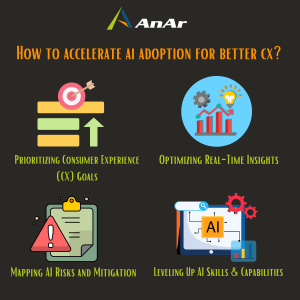
1. Building Data Readiness
Bringing data together from siloed systems—wearables, EHRs, insurance databases—demands extensive effort, often representing 70% of the workload in AI projects. Focusing on standardized formats and robust data governance is pivotal for any successful implementation. This includes:
- Data Integration: Seamlessly linking all relevant data points across departments and partner platforms.
- Quality Control: Ensuring datasets are accurate, complete, and consistently updated.
- Security Measures: Employing encryption, access control, and audit trails to safeguard patient privacy.
2. Prioritizing Consumer Experience (CX) Goals
Healthcare is inherently human-centered, so aim to solve tangible patient pain points. Involving clinicians, patient representatives, and IT specialists from the outset can help pinpoint areas where AI can genuinely enhance the experience—be it scheduling, care coordination, or personalized health reminders.
3. Optimizing Real-Time Insights
For AI to be a game-changer, data must flow continuously. Integrating appointment schedules, insurance claims, prescription refills, and patient feedback reveals patterns that might be invisible in fragmented formats. AI-powered dashboards can then prompt timely interventions, such as sending follow-up messages after a missed checkup or a personalized reminder for lifestyle modifications.
4. Mapping AI Risks and Mitigation
AI in healthcare carries significant responsibility:
- Regulatory Compliance: Monitoring emerging guidelines from oversight bodies like the FDA ensures that new AI tools meet rigorous standards.
- Bias and Transparency: A diverse dataset is crucial to minimizing bias. Clear explanations of how AI models generate their conclusions foster trust and user adoption.
- Cybersecurity: Consolidated data repositories attract cyber threats. Rigorous software patching, intrusion detection systems, and continuous security audits help maintain patient safety and confidence.
5. Leveling Up AI Skills and Capabilities
Ultimately, an AI project will only succeed if the workforce can apply and maintain it:
- Upskilling Staff: Provide workshops or certifications in machine learning, data science, or data analytics to existing teams.
- Recruiting Specialists: Bringing in experts—data engineers, AI architects, and clinical informatics professionals—can rapidly advance initiatives.
- Controlled Pilots: Test and refine AI solutions in limited settings (e.g., a single hospital unit or patient population) before scaling widely. Early successes build momentum and reduce the likelihood of large-scale failures.
Conclusion
AI’s influence in the healthcare sector is expanding at a steady pace. By integrating AI into critical workflows—from diagnostics and targeted therapies to robotic-assisted surgeries, EHR management, predictive analytics, mental health assessments, epidemic forecasting, and chronic disease programs—healthcare organizations can enhance operational efficiencies, clinical outcomes, and overall patient experiences. These tools support healthcare professionals in delivering more timely care, addressing administrative tasks effectively, and shaping care pathways for the long run.
Crucially, adopting AI responsibly involves meticulous planning, well-defined data strategies, and an unwavering commitment to ethical considerations. Whether it’s maintaining data security, explaining algorithmic decisions, or continually improving workforce skills, organizations must approach AI with intentionality. When done right, AI-driven applications can help create a healthcare environment centered on preventative, personalized, and patient-focused services—enabling a system that responds more effectively to the challenges of modern medicine.
AnAr Solutions: Embracing AI for a Better Healthcare Future
At AnAr Solutions, we understand that AI is more than a technology buzzword—it’s a catalyst for significant advancements within healthcare. Our teams are developing and integrating AI tools in areas like EHR optimization and predictive modeling for chronic disease oversight. By blending our expertise in product engineering and application modernization, we guide our partners through the complexities of AI adoption, helping them achieve stronger performance, cost management, and patient satisfaction. We believe that with the right strategy, collaboration, and innovation, AI can bring about meaningful progress across the healthcare continuum.
Explore the features of MSTest, NUnit, and xUnit: three leading unit testing frameworks that enhance your C# development process.
Organizations across the globe are increasingly turning to legacy modernization to keep pace with rapidly evolving business needs and stay ahead of…
In waterfall project management, software engineers create a feature and then throw it over to the quality assurance team (QA)…
Test and Operations (TestOps) is the emerging trend in testing. It introduced a newer technique of testing. This advanced testing…

